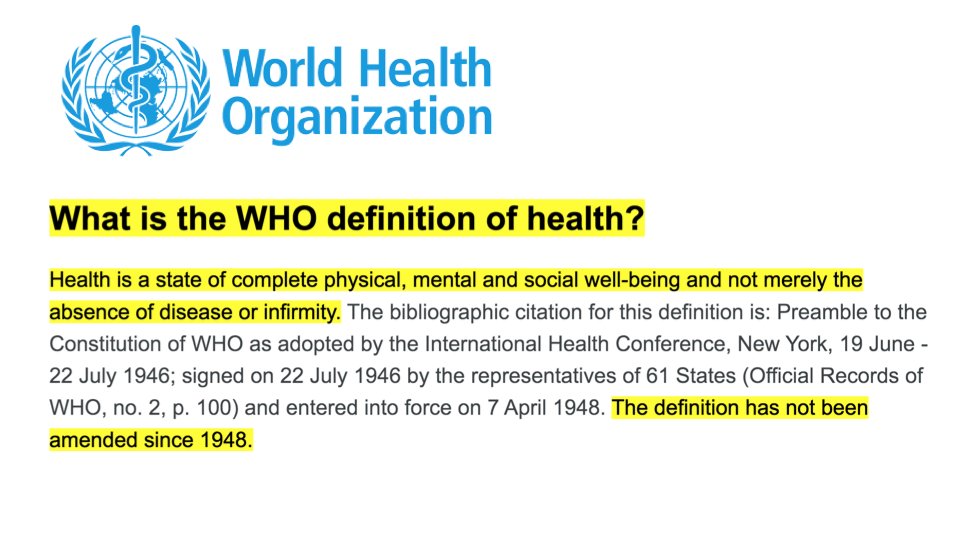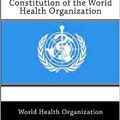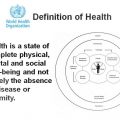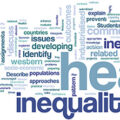The World Health Organization is an agency of the United Nations saddled with the ultimate responsibility for international public health and safety. The WHO Constitution states its main objective as “the attainment by all peoples of the highest possible level of health.
WHO states that it remains firmly committed to the principles set out in the preamble to the Constitution which defines health as follows:
- Health is a state of complete physical, mental and social well-being and not merely the absence of disease or infirmity.
- The enjoyment of the highest attainable standard of health is one of the fundamental rights of every human being without distinction of race, religion, political belief, economic or social condition.
- The health of all peoples is fundamental to the attainment of peace and security and is dependent on the fullest co-operation of individuals and States.
- The achievement of any State in the promotion and protection of health is of value to all.
- Unequal development in different countries in the promotion of health and control of diseases, especially communicable disease, is a common danger.
- Healthy development of the child is of basic importance; the ability to live harmoniously in a changing total environment is essential to such development.
- The extension to all peoples of the benefits of medical, psychological and related knowledge is essential to the fullest attainment of health.
- Informed opinion and active co-operation on the part of the public are of the utmost importance in the improvement of the health of the people.
- Governments have a responsibility for the health of their peoples which can be fulfilled only by the provision of adequate health and social measures.
According to WHO, there is ample evidence that social factors, including education, employment status, income level, gender and ethnicity have a marked influence on how healthy a person is. In all countries – whether low-, middle- or high-income – there are wide disparities in the health status of different social groups. The lower an individual’s socio-economic position, the higher their risk of poor health.
Health inequities are systematic differences in the health status of different population groups. These inequities have significant social and economic costs both to individuals and societies.
Close to 1 billion people in the world live in slum conditions, representing about one quarter of the world’s urban population. The likelihood of meeting the Sustainable Development Goal 3 on good health and well-being is closely linked to the targets of goal 11 on sustainable cities and communities.
Health inequities are systematic differences in health outcomes
Health inequities are differences in health status or in the distribution of health resources between different population groups, arising from the social conditions in which people are born, grow, live, work and age. Health inequities are unfair and could be reduced by the right mix of government policies.





